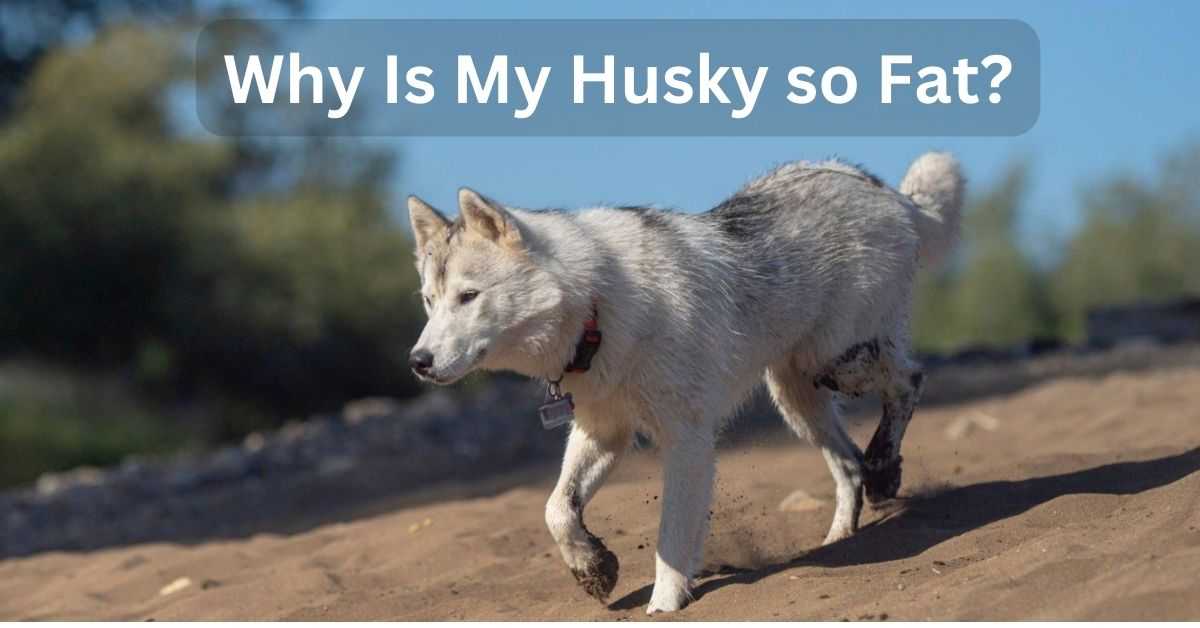Huskies are known for their energetic nature and athletic build, but what happens when your husky puts on weight? An overweight husky is a common concern among pet owners and can lead to various health issues. If you have been wondering, “Why is my husky so fat?” this article will provide some answers and helpful tips to get your furry friend back on track.
Why Is My Husky so Fat?
When pets such as cats and dogs gain weight, it is usually due to overeating and lack of physical activity. Thus, reducing their food intake and increasing their exercise is essential to help them shed extra pounds.
Understanding Husky Body Condition Score (BCS)
The first step to addressing your husky’s weight issue is understanding what a healthy weight looks like. The Body Condition Score (BCS) is a numerical rating system veterinarians use to evaluate a pet’s weight. A healthy BCS for a husky is between 4-5, with a visible waistline and easily palpable ribs. If your husky’s BCS is higher than 5, they are considered overweight and may need to lose some weight.
Causes of Husky Obesity
Huskies, like humans, can become overweight for various reasons. Overfeeding, lack of exercise, and feeding high-calorie treats can all contribute to husky obesity. Additionally, some huskies may have an underlying health condition that can cause weight gain, such as hypothyroidism or Cushing’s disease.
Tips for Managing Husky Weight
The good news is that husky obesity can be managed and even prevented with proper diet and exercise. Start with your veterinarian to create a weight loss plan tailored to your husky’s needs. This plan may include reducing your husky’s calories, increasing exercise, and feeding low-calorie treats. Consistency is key when managing your husky’s weight, so stick to the plan.

Importance of Regular Veterinary Checkups
Regular veterinary checkups are crucial for maintaining your husky’s overall health and well-being, especially when managing their weight. Your veterinarian can monitor your husky’s weight, BCS, and overall health and adjust their weight loss plan. They can also screen for underlying health conditions contributing to your husky’s weight gain.
FAQs
Overweight huskies are at risk for various health problems, including joint issues, heart disease, and diabetes.
Your husky’s food needs depend on age, weight, and activity level. Consult with your veterinarian to determine the right food for your husky.
Exercise is important for husky weight management but must be combined with a healthy diet to achieve significant weight loss.
Many low-calorie treats are available on the market, or you can even make your own at home using healthy ingredients like carrots or green beans.
Conclusion
In conclusion, an overweight husky can be a cause for concern, but it can be managed with proper diet and exercise. Please work with your veterinarian to create a weight loss plan tailored to your husky’s needs and stick to it for the best results. Consistency is key; regular veterinary checkups are essential for maintaining your husky’s overall health.
